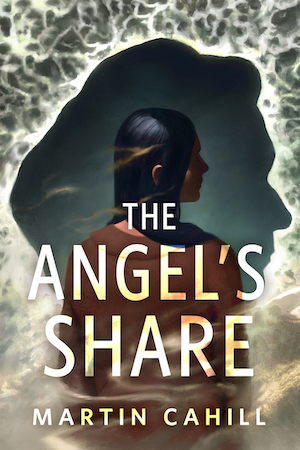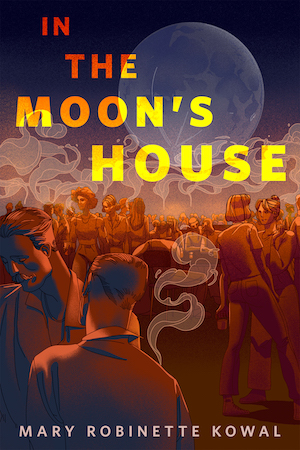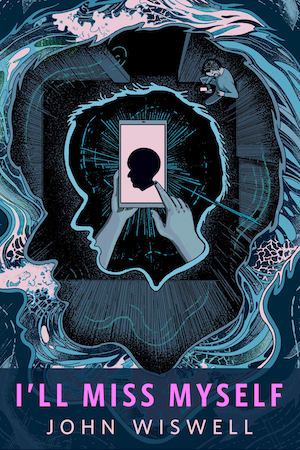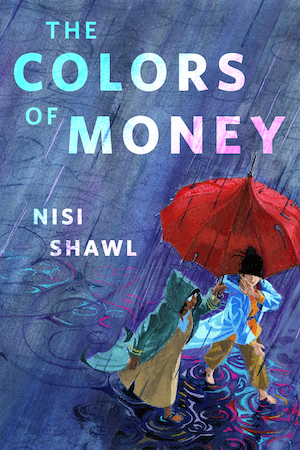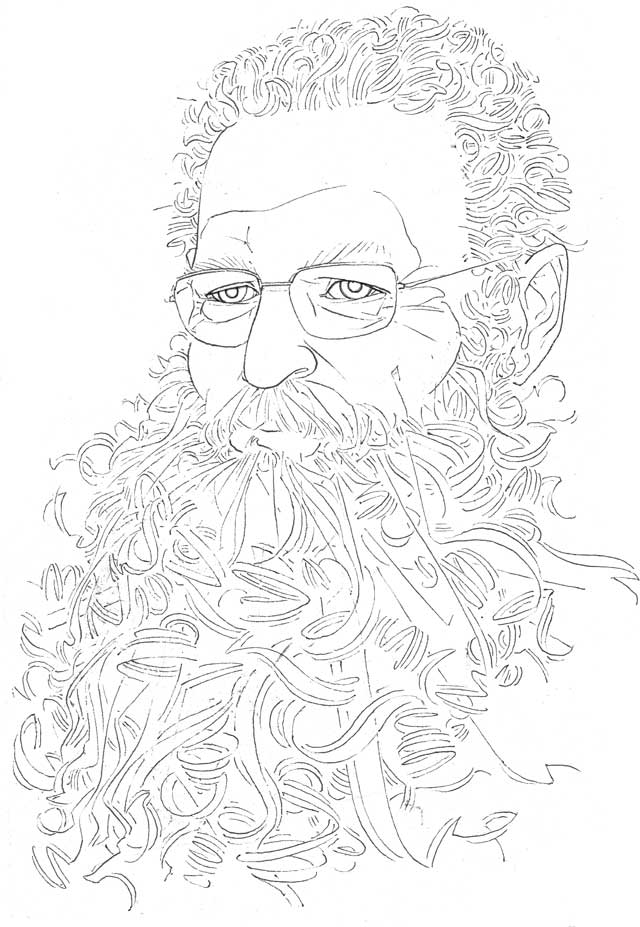Samuel Delany was born in New York on April 1st 1942, which makes today his seventy-third birthday. Happy birthday, Chip!
I could write a considered post about Delany’s significance to the field, but I’m just too enthusiastic about his work to do it in a properly calm way. Delany’s just one of the best writers out there, and he always has been, from his emergence with The Jewels of Aptor (1962) and The Fall of the Towers. (1963-5) to last year’s Through The Valley of the Nest of Spiders. His major work—Babel 17 (1966) (post), The Einstein Intersection (1967), Nova (1968) (post), Dhalgren (1974) (post), Tales of Neveryon (1975), Triton (1976) and Stars In My Pocket Like Grains of Sand (1984) (post)—is right at the top of what science fiction has ever achieved.
As a new writer Delany was a revelation. He’s gay and African-American and this intersectionality of experience gives his work dimensions that genre SF hadn’t seen before, and hasn’t seen enough of since. Delany’s worlds are notable for their complexity and solidity, their attention to class and sex and economics and gender and identity. Yet these things are always essential to the story of the characters—and it’s the characters and the world that shaped them that are memorable. Delany’s ability to evoke worlds from words is almost unrivaled.
This is the experience of going to close to a nova, in Nova:
“We were moving out, boy, with the three hundred suns of the Pleiades glittering like a puddle of jewelled milk on our left, and all blackness wrapped around our right. The ship was me; I was the skip. With these sockets—” he tapped the insets on his wrists against the table, click “—I was plugged into my vane-projector. Then —” the stubble on his jaw rose and fell with the words “—centered on the dark, a light! It reached out, grabbed our eyes as we lay in the projection chambers and wouldn’t let them go. It was like the universe was torn and all day raging through.
In my review of Nova, linked above, I said that if it was a new book now I’d be burbling about it and nominating it for awards, and I really do think this is the case. Delany’s science fiction is still fresh and exciting. So much older fiction is historically interesting—Delany remains cutting edge. He also remains thought provoking. I read a very interesting new piece on Dhalgren just the other day. Delany’s older work is still very much a part of the conversation of SF, and I recommend it to anyone who has missed out on it so far. Perhaps one of the best places to start is with his wonderful shorter work.
For the last couple of decades Delany has been mostly working as a critic and in one of his other “paraliteratures”—pornography. I find his pornography very difficult to read, but I think his essays are wonderful. Through the Valley of the Nest of Spiders uses techniques of pornography and becomes science fiction in a way that isn’t like anything else, and while it isn’t easy to read I feel it’s worthwhile for fans of his work to keep persevering.
This post originally appeared April 1, 2013 on Tor.com
Jo Walton is a science fiction and fantasy writer. She’s published two poetry collections and nine novels, most recently the Hugo and Nebula winning Among Others. She reads a lot, and blogs about it here regularly. She comes from Wales but lives in Montreal where the food and books are more varied.


